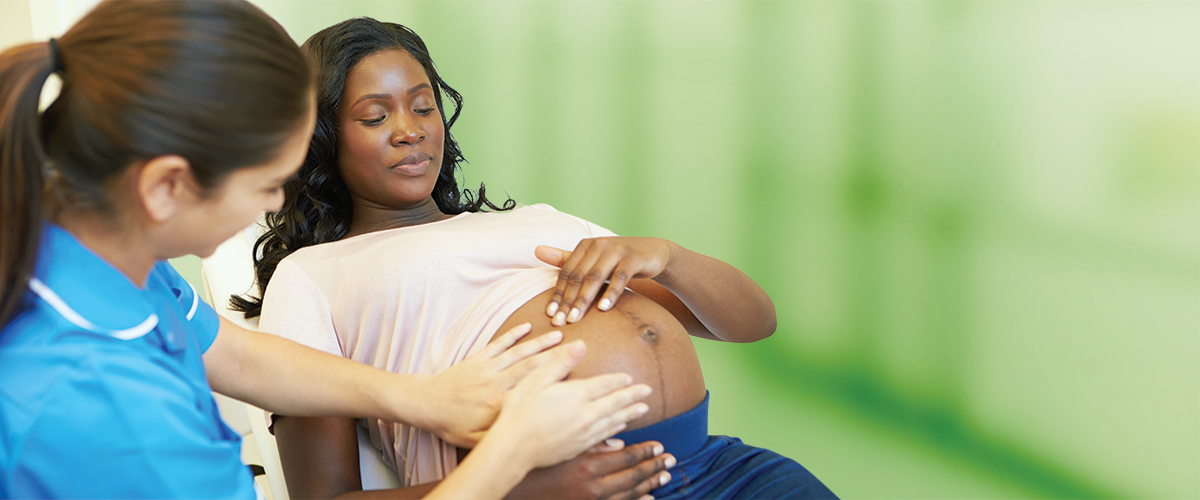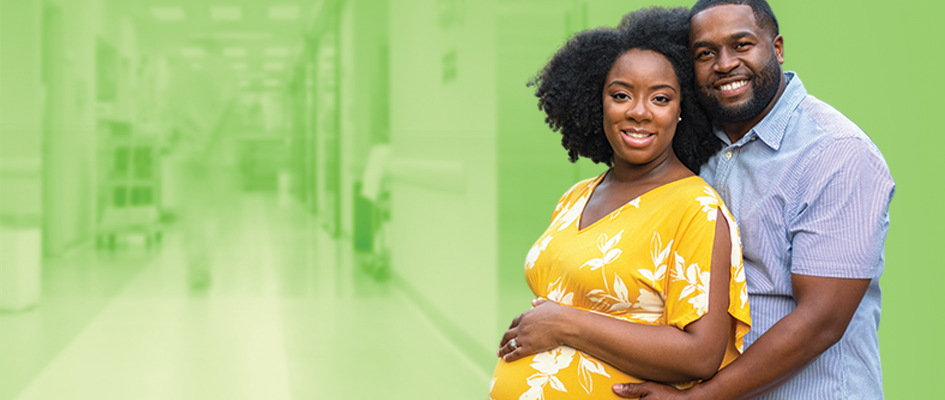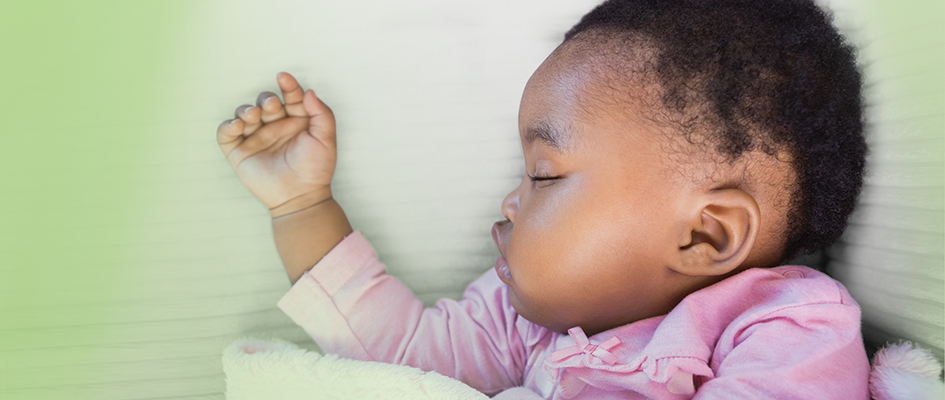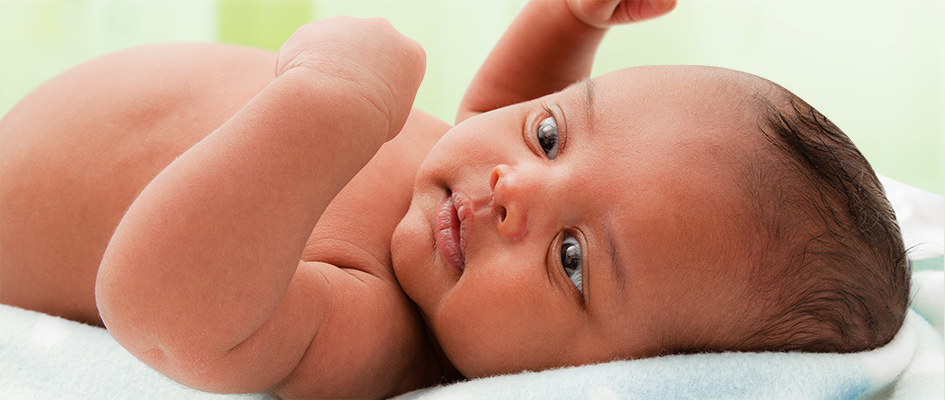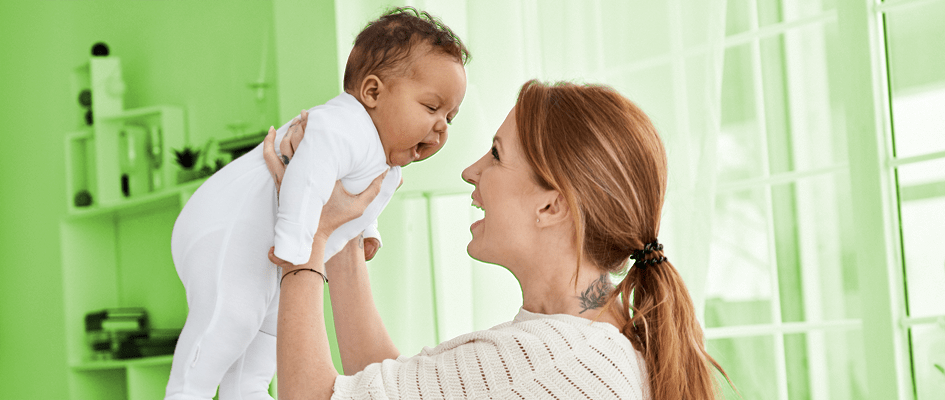What to Expect During Your Pregnancy
The Lenmed teams congratulates you on your pregnancy and is here to assist you on your journey to welcome your baby into the world. These are the special milestones that lie ahead during your pregnancy.
Confirmation of pregnancy
Your pregnancy can be confirmed through a sonar, or by taking a blood or urine test.
At 16 weeks
Visit your gynaecologist for genetic tests (this will depend on the doctor and the patient history).
Blood tests
Blood tests will be done to confirm your blood group and HIV status. Additional baseline blood tests will also be conducted as specified by your doctor (e.g. testing haemoglobin levels).
Regular check-ups
It is crucial that you visit your gynaecologist every 6 to 8 weeks. These check-ups will track your baby’s growth and health status, additionally examine your own health.
From 28 weeks
Once you have reached the 28 week mark in your pregnancy, visit your gynaecologist every 2 weeks for a check-up.
From 38 weeks
Having reached the 38 week mark in your pregnancy, you should visit your gynaecologist on a weekly basis.
First trimester
The first trimester includes week 4 to week 13 of your pregnancy. From week 4 parts of your baby’s body will start to develop. In week 5 your baby’s heart and circulatory systems start to develop. At this stage you may confirm your pregnancy.
From week 7 to week 9 you will notice the following changes and symptoms: Your breasts are growing and feel tingly and achy. You notice the baby starting to move and morning sickness may start. As the baby builds muscle you may start to feel tired.
At week 10 your baby’s bones and cartilage start to build. Its heart is beating at a rate of 180 beats per minute. Your baby’s eyes are easily recognisable behind sealed lids and the external ears have started to grow. To help cope with pregnancy constipation you should increase your daily fibre intake.
From week 11 your baby starts to look more human. Facial bones are completely formed, and its eyes are fully developed and remain tightly closed. By week 12, a fine layer of hair covers most of the baby’s body, and its arms and legs can clearly be seen. You will notice that your baby is moving quite vigorously. By the end of the first trimester (week 13) your baby will have grown to be about half the size of a peach. Its heart is fully functional and beating at 110 to 160 per minute. The foetus will also make reflex responses to external stimuli.
Second trimester
The second trimester includes week 14 to week 26 of your pregnancy. By week 14 hair starts to sprout on your baby’s head, eyebrows and body. First trimester symptoms should start to ease up a little.
From week 15 to 17, your baby will be kicking its legs and flexing its elbows. Blood vessels and bones can clearly be seen, and its eyes are now positioned at the front of the head with eye lids closed. The foetus will also start to become aware of bright light beyond the abdominal wall.
At week 18 your baby’s movements may become more noticeable, this can lead to increased tiredness and backache. By week 19 your baby’s skin has a protective coating, while you may start to experience leg cramps. Week 20 is an exciting mark as you can find out if your baby is a boy or girl!
From week 22 the foetus will start to respond to noises inside and outside of your body. By week 24 your baby’s facial features start to fill out and your belly button may pop out! As you reach week 26 your baby’s eyes open and it will start to make breathing movements.
Third trimester
The final trimester of your pregnancy includes week 27 to week 40. In weeks 27 and 28 your baby grows in length and its weight increases. Its fingernails and toenails can clearly be seen, and the baby will also start blinking its eyes.
Between weeks 29 to 32, your baby’s body and brain grow increasingly faster. You may start to experience Braxton-Hicks contractions.
From weeks 33 to 37 your baby’s immune system is boosted. As your baby’s sucking reflexes establish it may start to suck its fingers and thumb. Your baby’s brain will also grow increasingly more, causing you to experience pressure on your bladder and an aching, tired body. By week 37 your baby will start to prepare for birth by sucking, turning, and breathing in the womb. Its lungs are also fully mature by now.
At week 38 the foetal heart rate is between 120-160 beats per minute. If your baby is a boy, its testes descend into the scrotum. You will start to produce colostrum, the precursor to breast milk. By week 39 your baby’s head is as big as its abdomen. You may start to experience signs of labour.
Week 40 marks the end of your third trimester. By now your baby might already be born, or you will still be waiting patiently for its arrival.
Healthy living
To ensure that you and your baby remain healthy during the pregnancy, the following should be taken into consideration:
- Maintain good personal hygiene
- Do not take over the counter or traditional medication
- Include a variety of vegetables and fruit in your diet
- Do not eat ice (this can cause anaemia)
- Do not eat soil (refer to clinic)
- Do not smoke or drink alcohol. You will put your baby at risk of
- Foetal Alcohol Syndrome and Intra-Uterine Growth Restriction
- Avoid oily, spicy or salty foods (these can cause hypertension)
- Include mild exercise in your daily routine as recommended by your gynaecologist/obstetrician, clinic sister (Registered Nurse)
Danger signs during pregnancy
The following symptoms should be reported to the nearest hospital/ baby clinic sister immediately. Visit your Maternity Unit (if booked) or go to a Lenmed 24HR Accident & Emergency Unit (if unbooked):
- Vaginal Bleeding
- Draining of liquor
- Lower abdominal pains
- Reduced foetal movement
- Severe headache with other symptoms like blurred vision, epigastric pain, dizziness, swollen legs, vomiting, gastro/diarrhoea, loss of appetite and constipation
- Yellowish-green discharge that is offensive, smelly and/or itching
- Vaginal warts or swollen labia
Trauma
In the case that you experience any form of trauma during your pregnancy, report it and immediately go to a Lenmed 24HR Accident & Emergency Unit/ Maternity Unit for an assessment. This also includes if you have suffered a fall or were involved in a vehicle accident.
Doctors and clinic visits
It is crucial that you regularly visit your gynaecologist/obstetrician for check-ups throughout your pregnancy. The following should also be noted:
- Do not neglect your doctor / clinic visits
- Take medication strictly as prescribed by the doctor. Do not make any adjustments on dosages yourself
- Know your medical history and last menstrual period
- Consult your gynaecologist/obstetrician before attending traditional healers and/or using traditional medicines
Signs of labour
The following signs may indicate that you are going into labour:
- Severe lower abdominal pain that comes and goes (2-3 in 10
- minutes). Go to your maternity department for an assessment
- Show: blood-stained mucus plug
- Draining of liquor. Feeling of being wet. Observe the colour
- Vomiting
- Backache
- A pressing feeling on the pelvic area



